|
I cannot believe that my time at TRIP is almost over. Over the course of my time here, I learned a new skill or developed one every week, and I am thankful to have gotten this research and lab experience. To be completely honest, TRIP has been some of the “hardest fun” I have ever had. It requires a lot of focus, time, and energy inside and outside the lab, but this turns out to be a positive, given how interesting working with flies is in the experiment I was able to design. Even the early stages of TRIP, when I still had to find my way around, were fun because it was the first time I got to use another animal in an experiment to model a human’s biological processes. There will be times when using flies can get frustrating, like when sorting or transferring them, but it is surprising how much better all of us got with just a few hours of practice. 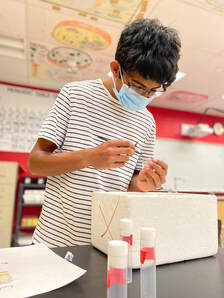 As I mentioned in my last blog, my independent project studied the effects of nicotine and ginseng on fly sociability. Vaping with nicotine is a rising issue with teenagers, especially in my high school. Twenty percent of teenagers use e-cigarettes in America, and ninety-nine percent of e-cigarette use contains nicotine! With that in mind, I dove into the social effects of nicotine, questioning the unproven idea that nicotine’s use in sociable settings is warranted and helpful. I also wanted to see if nicotine had any negative effects on fly pupal development, as this is when flies transition to adults, corresponding to teenage development within humans. I tested ginseng as well because it is a herb that is commonly used in my Indian culture. It is known to have positive effects on brain function and mood, while nicotine yields opposite effects. I hypothesized that ginseng would increase fly sociability and pupal development because of these benefits, and nicotine would do the opposite. Together, I believed that ginseng would completely counteract the effects of nicotine, causing no noticeable changes within the flies. 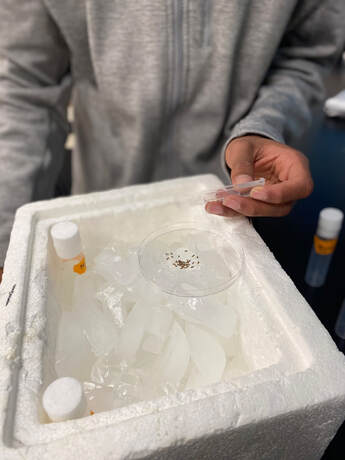 I created four new vials every week. The four vials contained nicotine only, ginseng only, both nicotine and ginseng, and neither nicotine nor ginseng to serve as a control. I collected developmental data each week for three weeks after I made my vials by counting the number of eclosed pupae divided by the number of total pupae. The higher this proportion, the better the pupal development. After observing sets of flies, I discovered that all three vials with treatments lowered the development by virtually the same amount when compared to the control. To quantify sociability, I first had to place the flies on ice, sort them, and transfer five males into tiny chambers. I then took pictures of them every five minutes for fifteen minutes. Using Fiji, I measured the average distance between all pairs of flies. I did this for two generations every week: the parent generation, which received their treatments as adults, and the generation of progeny, which received their treatments from birth. Surprisingly, nicotine and ginseng both increased fly sociability in the parent generation, refuting my hypothesis entirely! Interestingly, nicotine and ginseng decreased fly sociability in the generation of progeny. This is likely due to these substances having a negative effect during the critical periods of a fly’s life cycle. The skills I built here will help me for the rest of my life no matter what I pursue. Although working with flies and running our personal experiments was one of the highlights of TRIP, it was so much more. I also learned how to make sense of the data I collected and share that effectively in presentations to a variety of audiences. I got to familiarize myself with a whole new array of scientific tools, run a bunch of assays, and a lot more. Dr. Leystra and Dr. Purdy helped me so much on my TRIP and my peers provided amazing feedback along the way. The skills I built here will help me for the rest of my life no matter what I pursue.
0 Comments
Your comment will be posted after it is approved.
Leave a Reply. |
Archives
April 2024
Categories
All
|
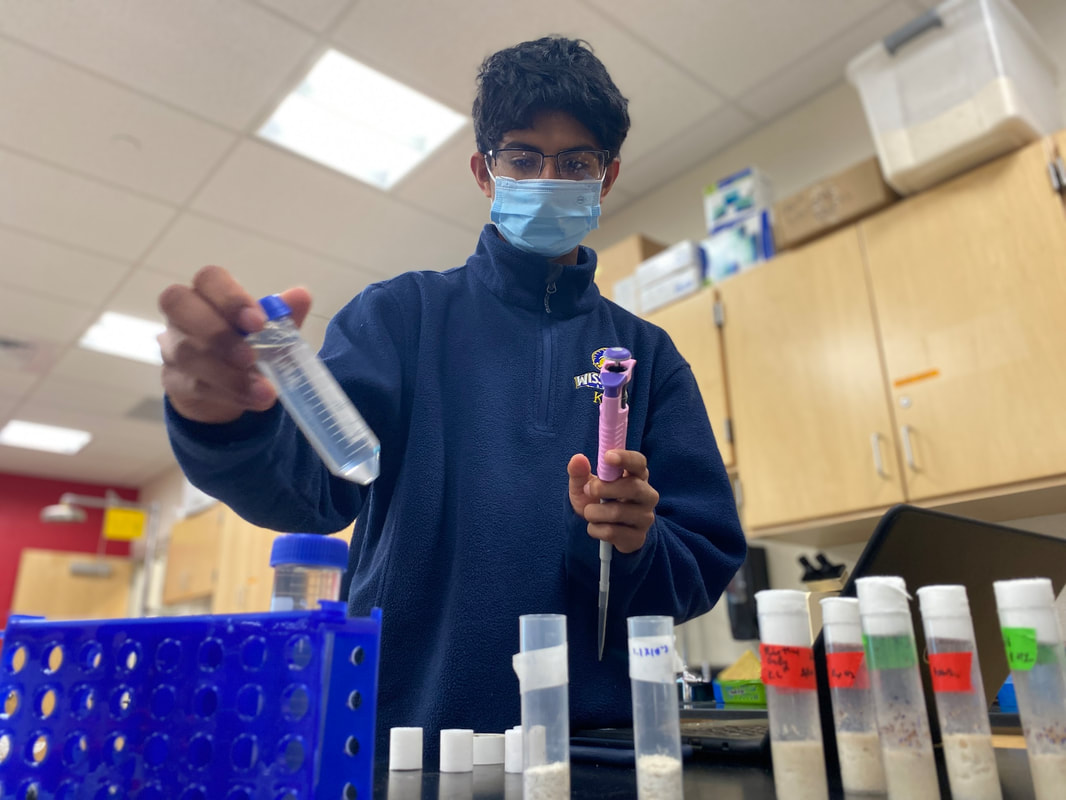
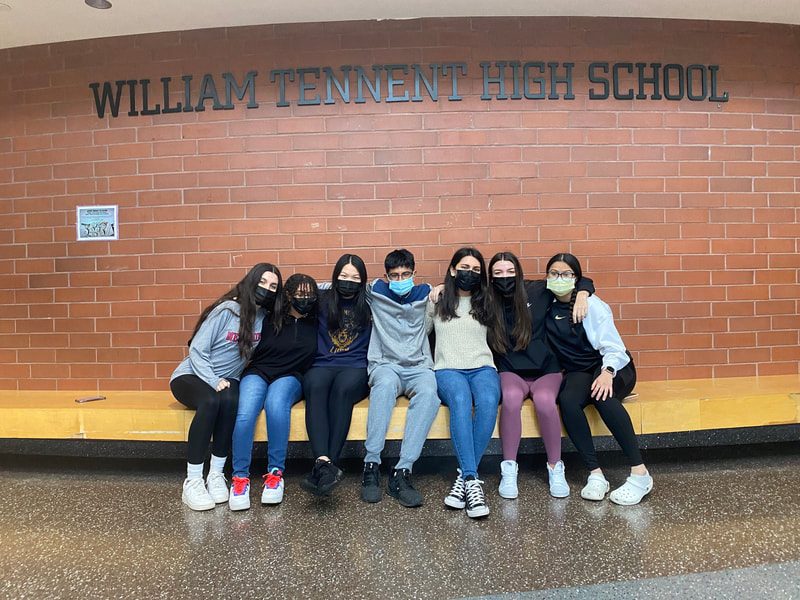
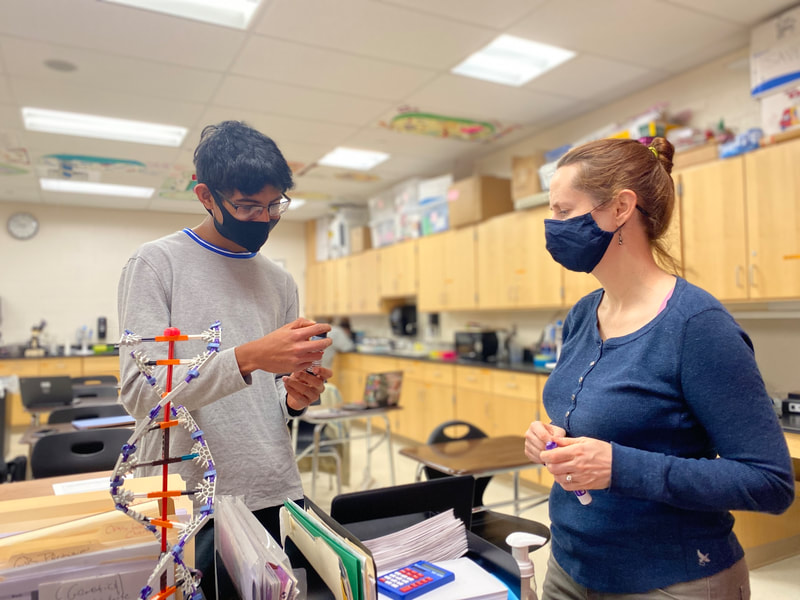
 RSS Feed
RSS Feed